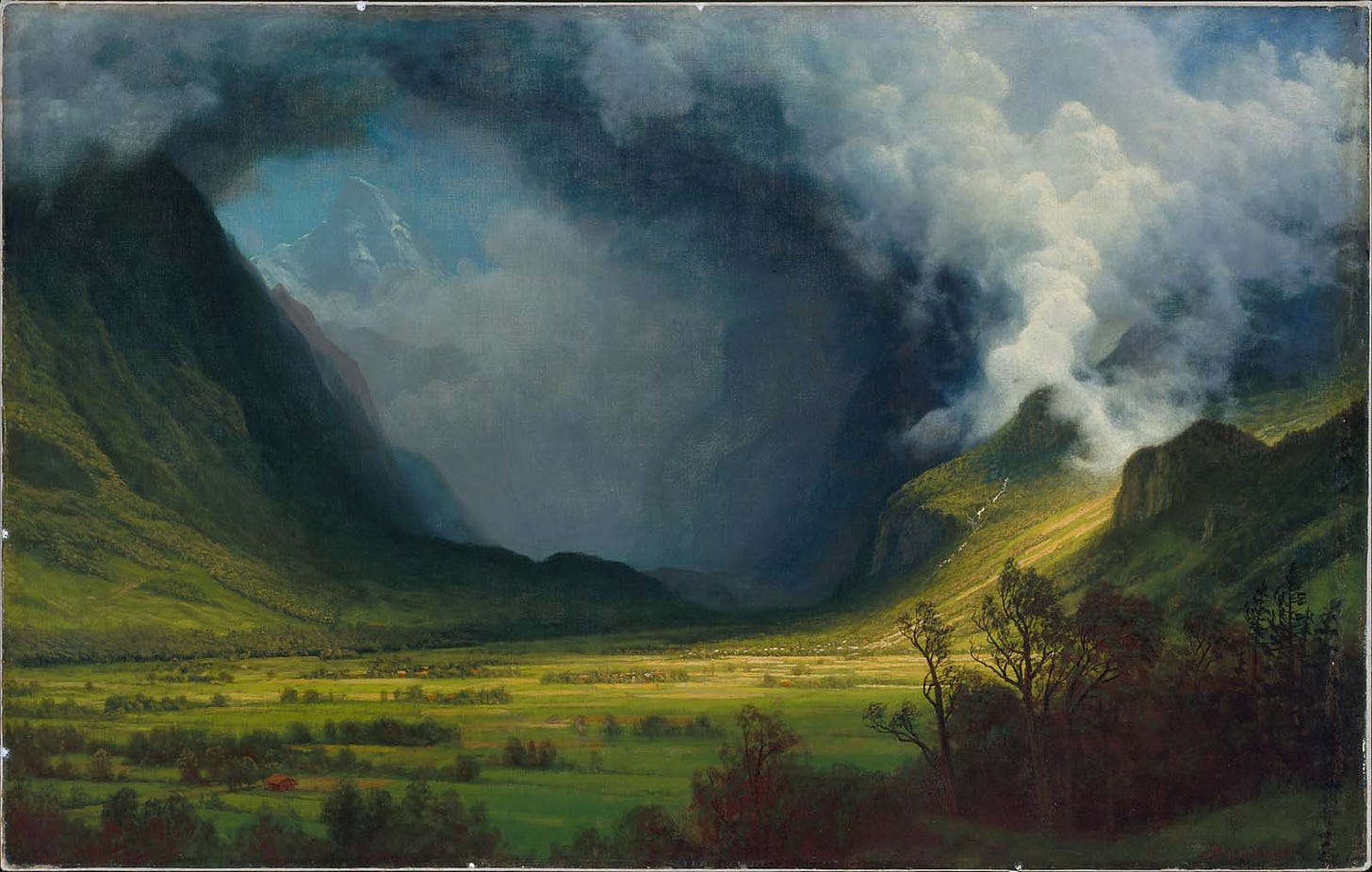
Weave a circle round him thrice, / And close your eyes with holy dread — What are we to do with such lines? Coleridge’s “Kubla Khan” has the voice of poetry itself. Just think of the musicality of the opening lines, the magisterial diction of the second stanza, the tone of the prophet in the third — all mingled with enchantment. “Kubla Khan” gives us a sense of powerful truths swirling just beyond our understanding, like angels or demons dancing in the air a few feet off the far cliff-edge of meaning. There are reasons “Kubla Khan” is consistently ranked among the greatest poems in the English language.
Not that the poem was thought so when it was first appeared. Samuel Taylor Coleridge (1772–1834) himself was uncertain about it, writing the poem in 1797 but not publishing it until 1816 (at Lord Byron’s insistence). His doubts seemed to have stemmed in part from the irregular meter, three to five beats per line, as th…
Keep reading with a 7-day free trial
Subscribe to Poems Ancient and Modern to keep reading this post and get 7 days of free access to the full post archives.



